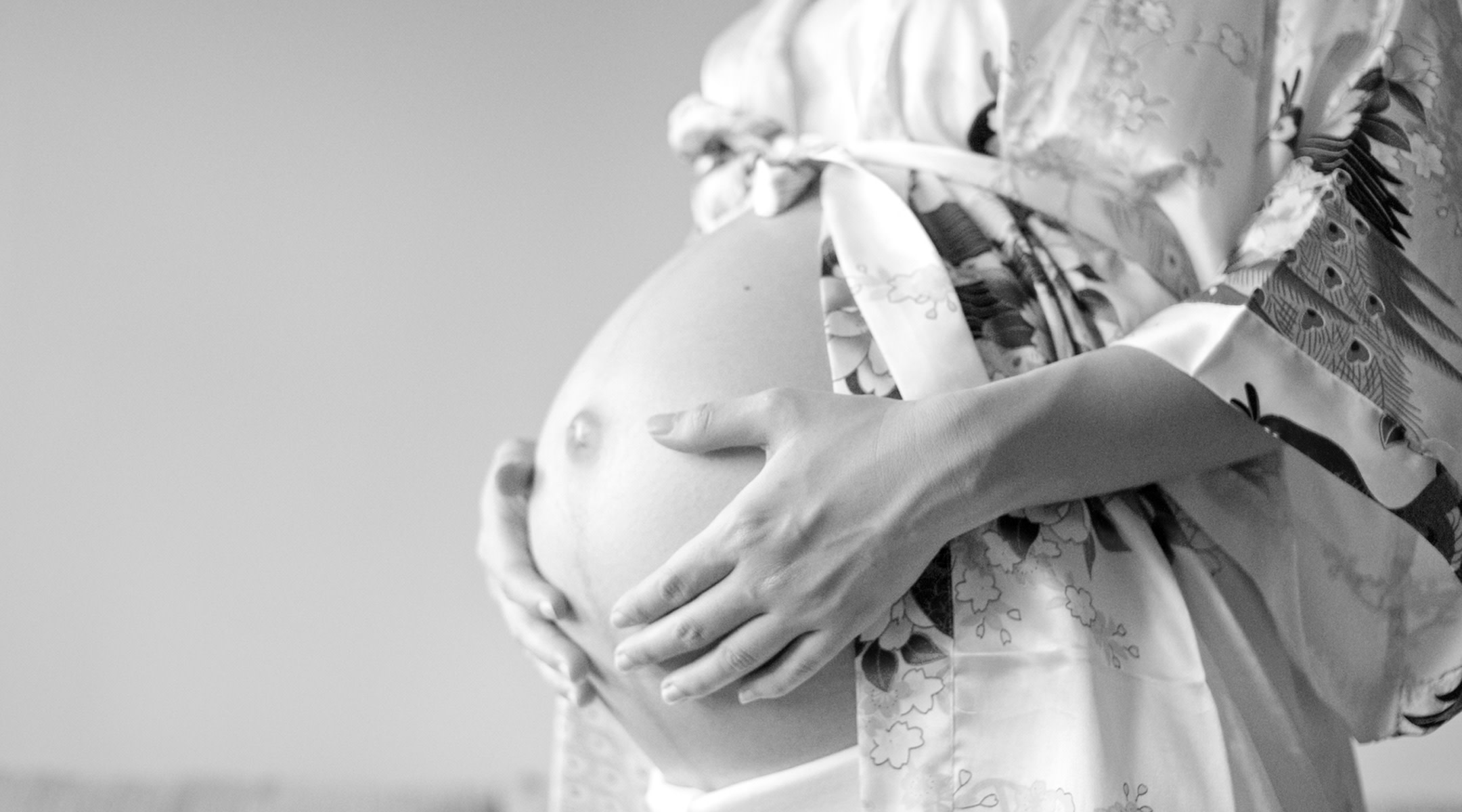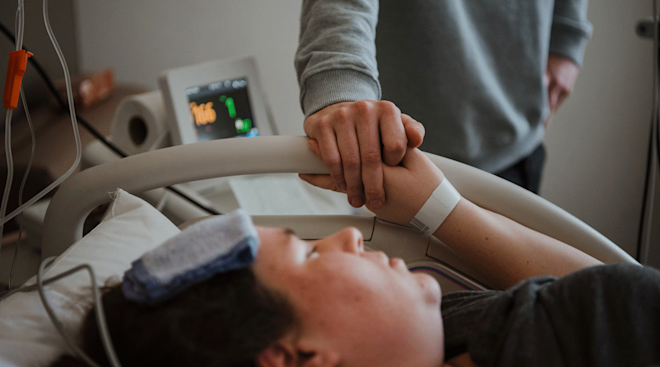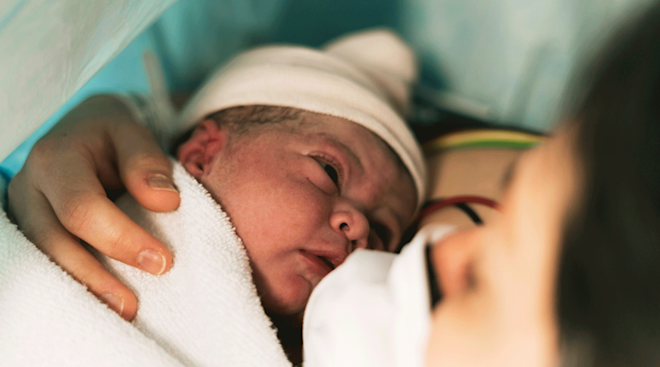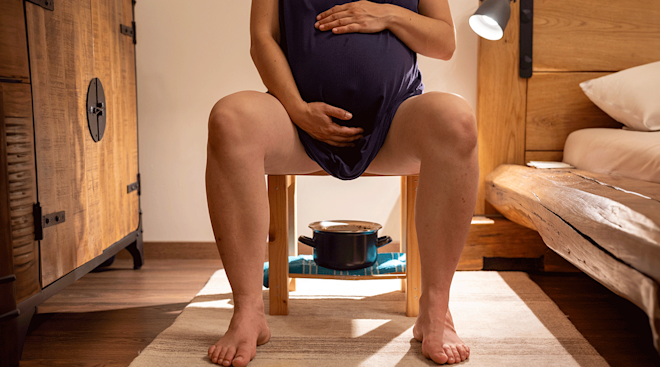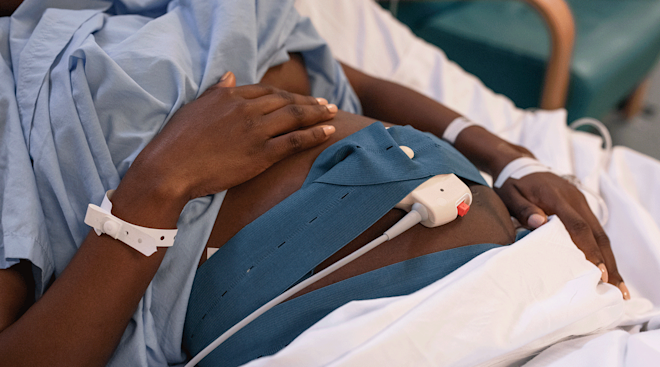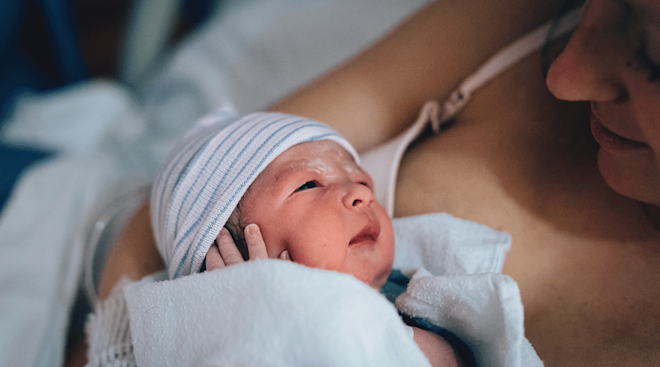What You Need to Know About Preterm Labor
Other than finding out whether you’re having a boy or a girl, most women prefer to do without surprises when expecting. We all want pregnancy to go according to plan, and this includes hitting the full-term delivery window of about 40 weeks. So if signs of preterm labor, such as early-stage contractions, appear weeks in advance of your due date, confusion and panic may set in—and that’s absolutely understandable.
It’s also understandable that, until reading this article, you’ve probably paid zero attention to what causes preterm labor. Unless moms have experienced it before, or know someone who has, “it doesn’t seem to be on their radar,” says Elizabeth Langen, MD, an assistant professor of maternal and fetal medicine at the University of Michigan’s C.S. Mott Children’s Hospital in Ann Arbor. After all, moms have a lot on their mind already. But about one out of every 10 infants is born prematurely, and being aware of the signs of preterm labor puts you at an advantage in case something does go wrong. Here’s what you as a mother should know about early labor, plus what steps to take if you think you’re at risk.
If labor occurs before 37 weeks of pregnancy, it’s defined as preterm labor. In order to have true premature labor, two things need to happen: You must have contractions as well as changes in the cervix, such as thinning out or dilation. It’s a misconception that contractions alone can indicate premature labor, and many women have benign, painless contractions toward their due date as the uterus gets ready for labor. But, because it can be tricky to tell the difference between the painless preterm contractions that might happen near the end of your nine months and the typically more painful preterm labor contractions (especially since you need a doctor to diagnose any changes to the cervix), it’s smart to call your provider if anything seems “off.”
Early labor usually happens spontaneously, but it can also be induced for medical reasons, such as if the mother has preeclampsia, a combination of high blood pressure and a kidney and liver problem in the mother. If this is the case, doctors will still aim to keep baby in the womb as long as possible before they absolutely have to come out.
Preterm labor puts baby at risk for a premature birth, which, in turn, increases the chance that the infant will have health complications such as:
- A low birth weight
- Breathing difficulties
- Underdeveloped organs
- An increased risk of vision or hearing problems
- A higher chance of behavioral disabilities and learning problems
Thankfully, going into early labor doesn’t necessarily mean that you’ll go on to give birth prematurely. “The majority of women who are treated in the hospital for preterm labor end up going home and then delivering closer to term,” says William Gilbert, MD, a maternal and fetal medicine specialist with Sutter Health in Sacramento, California.
Something else that’s reassuring: Not all premature babies go on to have complications. A baby who is born closer to the 37-week mark has a greater chance of being healthy. But if you do see signs of preterm labor and it does look like you’ll deliver prior to 34 weeks, you’ll likely be given corticosteroid injections, which helps speed up the development of baby’s lungs, says Lauren Kauvar, MD an ob-gyn with Rose Medical Center in Denver. This decreases the chance that your child will be born with dangerous breathing complications and other problems associated with immature lungs. You may also be given magnesium sulfate, which can help reduce the risk of cerebral palsy in preterm infants.
The truth is that even your doctor is scratching their head about this one. Experts still aren’t sure what causes preterm labor, but they do know that certain conditions and behaviors can set you up for increased risk. These include:
- Having a previous preterm birth
- Being pregnant with twins, triplets or other multiples
- Smoking or using drugs
- Being underweight or overweight prior to becoming pregnant
- Having certain health conditions like high blood pressure and diabetes
- Contracting an infection during pregnancy
- Having a short cervix or past or current problems with the cervix or uterus
- Being over the age of 35
- Getting pregnant less than six months after having your last child
- Not receiving prenatal care
Some women may ask: Can heavy lifting cause preterm labor? Or having sex? The answer is no, says Langen. However, if you’re wondering Can stress cause preterm labor? you may be onto something. “There are some suggestions that a lot of stress could be associated with preterm birth, but it’s not clear why,” Langen says. As a precaution, why not take up calming practices, such as yoga or meditation during pregnancy? At the very least, it’ll put you in a better frame of mind to tackle that long to-do list before baby arrives.
Of course, perfectly healthy women who can’t check the box for any of the above risk factors can also go into early labor. That’s why it’s important for all expecting mothers to be aware of preterm labor signs.
The trouble with preterm labor symptoms is that they can be difficult to spot. “Many of the signs of preterm labor are things that are perfectly common and normal during pregnancy,” says Sarahn Wheeler, MD, a maternal-fetal medicine specialist at Duke University Medical Center in Durham, North Carolina. Here’s what to keep a lookout for:
- Abdominal cramping or regular contractions (if you’re having four to six contractions an hour, definitely see your doctor)
- Low back discomfort
- Pelvic pressure
- Vaginal spotting or bleeding
- Vaginal discharge
- Fluid leakage (this could be a sign that your water broke early)
Because it’s so tricky to be sure if what you’re experiencing are typical pregnancy symptoms or signs of preterm labor, it’s a good idea to call or see your doctor if you have any concerns. “Be aware of your body and don’t blow off something because you just think it’s just baby moving,” says Gilbert.
There’s no surefire way to stop it once it’s started, but if you’re diagnosed with preterm labor, you’ll most likely be given a medication called a tocolytic, which relaxes the uterine smooth muscle to help slow down or temporarily halt contractions. Sometimes, the contractions and labor will stop completely, though it’s unclear if the medication plays a role or if preterm labor would have naturally stopped, says Langen. Doctors will keep the patient in the hospital for a while longer to ensure that the cervix isn’t continuing to dilate before sending her home.
Sometimes women think it’s their fault if they go into preterm labor. It’s not. “I like to reassure women that this isn’t something you can do much about,” says Kauvar.
Perhaps the best (and only) thing you can do about preventing preterm labor is taking care of yourself—as soon as you decide to expand your family. “Women who are planning to have a baby should talk to their doctors about what they can do to maximize their health before getting pregnant,” says Wheeler. Hitting a healthy weight, quitting smoking and getting diabetes and blood pressure under control before you conceive will help lower the odds of preterm labor while also improving your health—and baby’s too.
Plus more from The Bump:
Please note: The Bump and the materials and information it contains are not intended to, and do not constitute, medical or other health advice or diagnosis and should not be used as such. You should always consult with a qualified physician or health professional about your specific circumstances.
Navigate forward to interact with the calendar and select a date. Press the question mark key to get the keyboard shortcuts for changing dates.
































